
Sanctuaries or Stages? How Politicians Are Hijacking Nigeria’s Religious Spaces

In a nation where faith holds deep cultural and spiritual significance, Nigeria’s religious spaces, including churches, mosques, and other places of worship, have become more than sanctuaries of devotion. Increasingly, they are being converted into platforms for political grandstanding, where sermons blur into stump speeches and sacred spaces are hijacked by personal ambition.
This weekend, Nigerians watched once again as a church pulpit became a battleground for political rivalry. FCT Minister Nyesom Wike, speaking during a church service, aimed at Peter Obi, declaring his political relevance dead and gone. While the setting was meant to be a house of worship, it morphed into a campaign rally in disguise, with applause, jabs, and partisan rhetoric taking centre stage.
A Disturbing Trend
This isn’t an isolated incident. Over the past decade, Nigeria has seen an alarming rise in politicians using religious platforms to campaign, attack rivals, or subtly push agendas, all while cloaked in the garb of worship. From pastors inviting presidential aspirants to address congregations, to imams being enlisted to preach “divine endorsements,” the politicisation of religion is becoming deeply embedded in our political culture. It’s dangerous.
Religious spaces are supposed to be neutral grounds, places for spiritual reflection, moral correction, and communal healing. When politicians climb the pulpit, they corrupt the purpose of worship and exploit the emotional trust between religious leaders and their followers.
Faith or Fanaticism?
The line between faith and fanaticism blurs when politicians are portrayed as messianic figures during religious services. Worshippers, many of whom trust their spiritual leaders implicitly, are often left vulnerable to manipulation, as they hear political endorsements from the same voices they trust for divine guidance.
It raises questions:
Can worshippers truly make free political choices if their leaders are endorsing candidates during prayer meetings?
What happens when dissenting political views are suppressed in spaces that should be safe for all?
The Danger of Division
Nigeria is already deeply divided along religious and ethnic lines. Turning mosques and churches into campaign venues only deepens polarisation. It feeds into the narrative that politics is not about competence or vision, but about tribe, tongue, and denomination. Instead of focusing on issues, we end up discussing anointings and “divine appointments.”
What Can Be Done?
Religious bodies must draw the line. Clergy must resist the temptation to turn their platforms into political soapboxes.
The Independent National Electoral Commission (INEC) and other civic bodies should engage with religious leaders on the issue of electoral neutrality.
Congregants must hold their leaders accountable, pushing back when places of worship become political amphitheatres.
Nigeria’s democracy needs a foundation of conscience, conviction, and credibility, not religious manipulation. When churches and mosques become campaign grounds, we lose more than just electoral integrity; we lose the moral voice that should hold power to account.
Read More:
- Outrage as Benue Governor Joins Tinubu in Brazil Despite Recent Massacre Crisis and Insecurity
- From St. Lucia to Brazil — Tinubu Abroad While Nigeria Bleeds
About The Author
Related Articles
Tinubu Deducts N100bn Monthly From Federation Account Without Approval El-Rufai Alleges Says Action Deserves Impeachment
Former Kaduna State Governor Nasir El-Rufai has launched a blistering attack on...
ByWest Africa WeeklyJanuary 26, 2026Trump’s Greenland Threat Forces Europe to Taste the Logic of Western Colonial Power
It rarely begins with soldiers. More often, it begins with a sentence,...
ByWest Africa WeeklyJanuary 21, 2026Tinubu Government Claims Intelligence Cooperation With the US, Yet New York Times Publishes Conflicting Story Following $9 Million US Lobbying Effort
When the New York Times published its investigation suggesting that claims from...
ByWest Africa WeeklyJanuary 19, 2026Mali’s Transition Leader Attends Swearing-In of Guinea’s President Mamadi Doumbouya
Mali’s President of the Transition, General Assimi Goïta, represented the country in...
ByWest Africa WeeklyJanuary 19, 2026






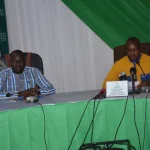
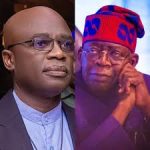
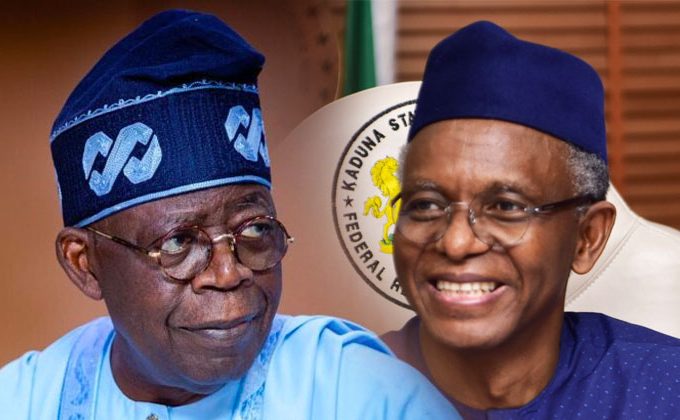
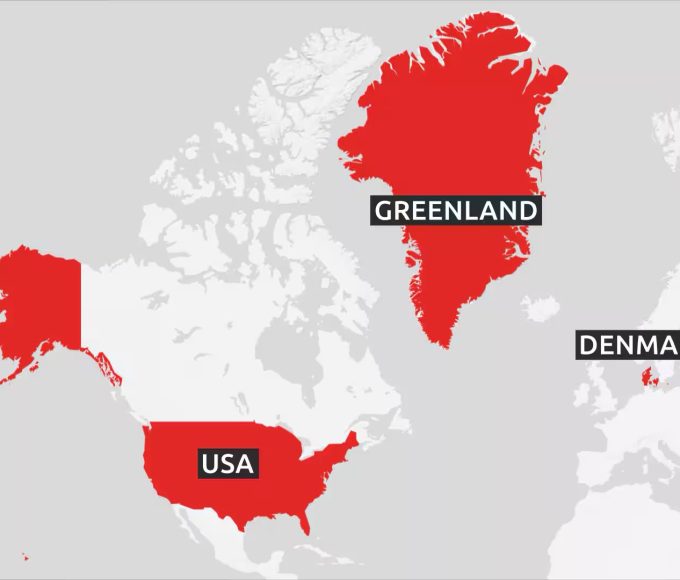
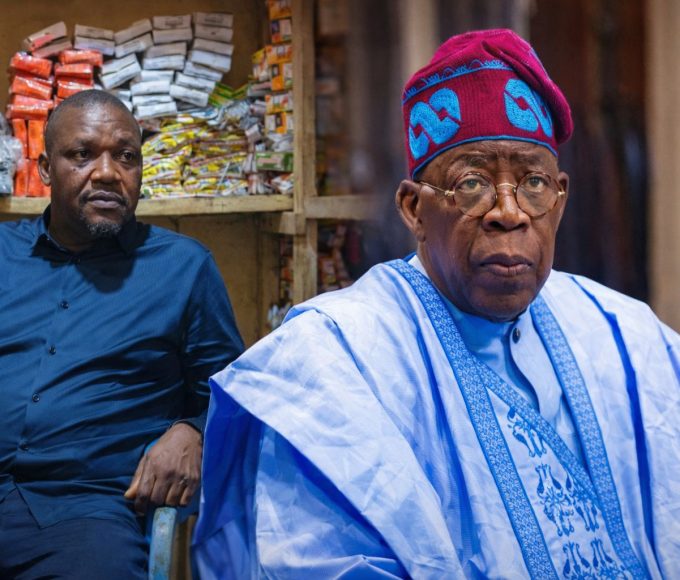

Leave a comment